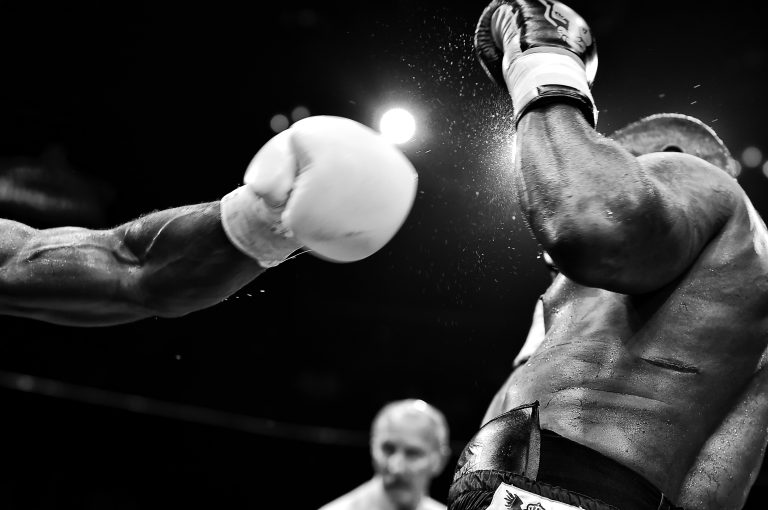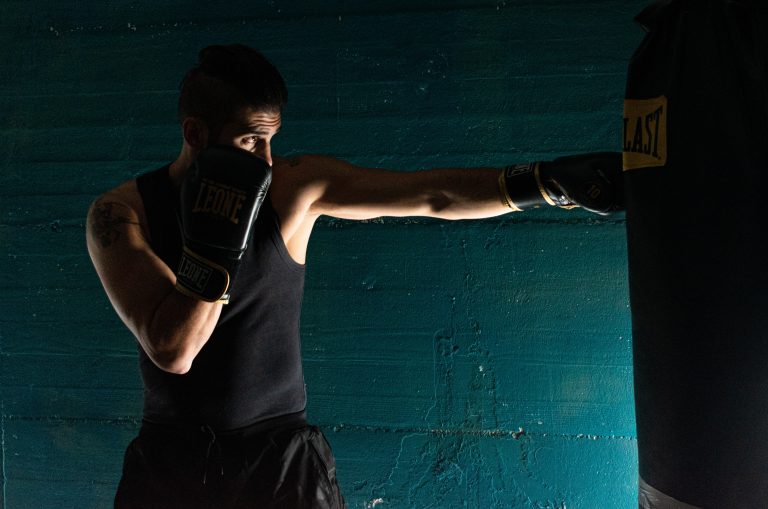Can Karate Be Used For Self-Defense?
Karate is a martial art that originated in Japan and has been practiced for centuries. It is a popular choice for those looking to learn self-defense and to improve their overall physical and mental health. But can karate actually help you defend yourself in a dangerous situation? The short answer is yes, karate can be used
Can Karate Be Used For Self-Defense?
Karate is a popular martial art known for its impressive strikes, kicks, and blocking techniques. Although karate is commonly associated with sport and competition, many people wonder if karate can be used for self-defense. In this blog post, we will answer some of the most frequently asked questions about using karate as a self-defense mechanism.
What is Karate?
Karate originated in Okinawa, Japan, and was initially developed as a form of self-defense, with a focus on striking techniques, such as punches, kicks, elbows and knees. The goal of karate is to maintain firm control over the body, mind, and spirit while improving one’s physical abilities.
Is Karate Effective for Self-Defense?
Yes, karate can be very effective for self-defense purposes. Karate is designed to be quick, powerful, and efficient. By practicing karate, you can develop the strength, speed, and reflexes needed to react quickly in threatening situations.
What are the Benefits of Using Karate for Self-Defense?
Some of the benefits of using karate for self-defense include:
- Improved physical fitness
- Increased self-awareness and self-esteem
- Enhanced reflexes and reaction time
- Developed fighting skills and techniques
While not all martial arts are suited for self-defense, karate is an excellent choice because of its emphasis on strikes, blocks, and counteractive techniques.
What are the Different Karate Techniques Used for Self-Defense?
Some of the most effective karate techniques used in self-defense situations include:
- Punches: Straight punches, hook punches, and uppercuts are all common karate techniques used to hit an attacker.
- Kicks: Roundhouse kicks, front kicks, and side kicks can help you to defend yourself against an attacker.
- Blocks: Blocking techniques are used to deflect an attacker’s blows and to protect your own body from harm.
- Throws: Throws can help you to quickly subdue an attacker and escape the situation.
- Joint locks: Joint locks are used to manipulate an attacker’s limbs, causing pain or rendering them temporarily immobilized.
- Pressure points: Pressure point techniques are used to cause pain and discomfort to an attacker’s vital points.
What are the Limitations of Karate for Self-Defense?
While karate can be an effective martial art for self-defense, there are some limitations to consider. For example:
- It can take several years of dedicated practice to develop the necessary skills and techniques to use karate effectively in a self-defense situation.
- Physical strength and size can be a disadvantage in a self-defense situation, as larger attackers may be able to overpower you regardless of your karate skills.
- In some situations, using karate techniques aggressively may be seen as excessive force and could lead to legal consequences.
- Finally, as with any martial art or self-defense technique, success in a real-world situation is not guaranteed.
In Conclusion
In conclusion, karate can be an excellent choice for self-defense, thanks to its emphasis on striking and defensive techniques. However, it is essential to remember that while karate can be useful in many situations, it is not a guaranteed success. Training regularly and practicing different kinds of scenarios can help you develop the necessary skills and confidence to defend yourself in real-world situations successfully.
Inhaltsverzeichnis






